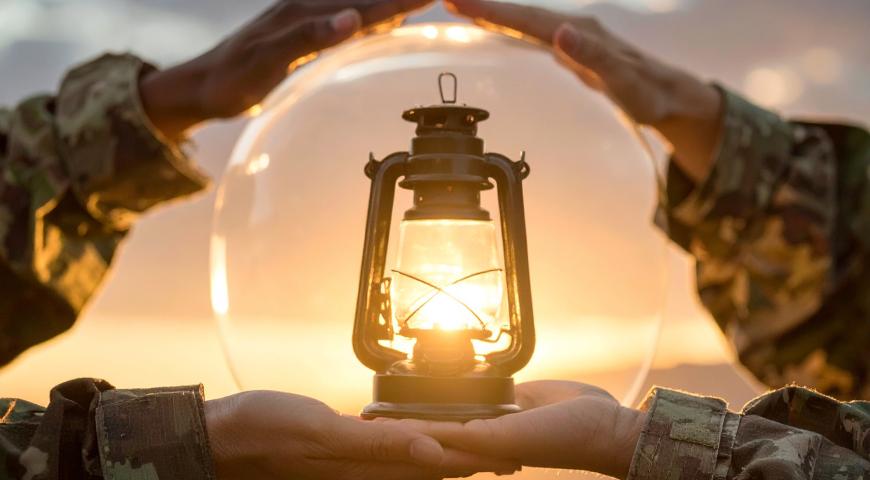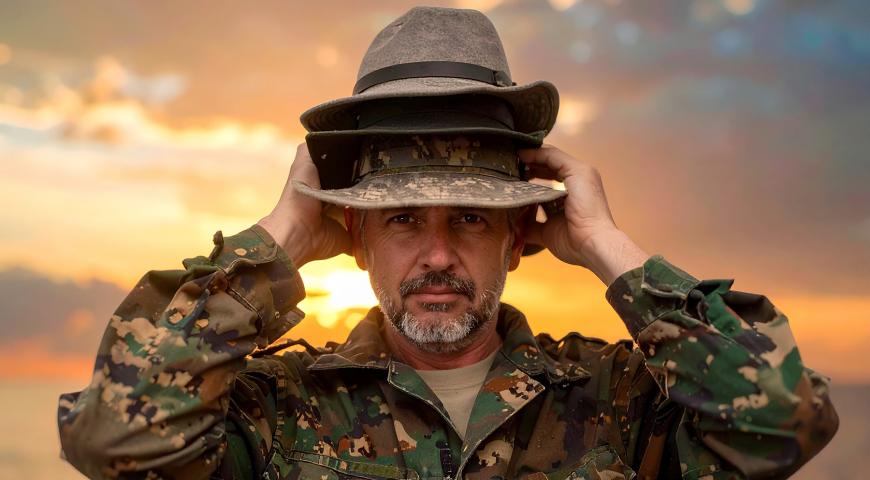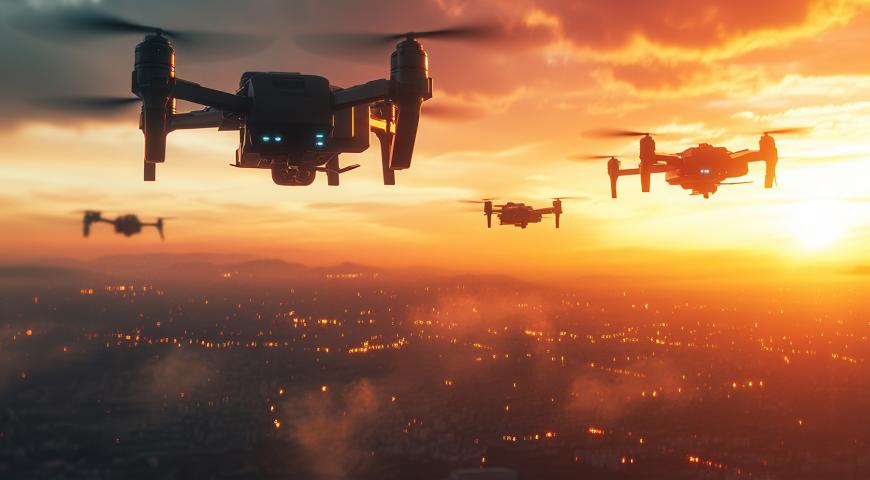Why I write
Marija “Maz” Jovanovich
Late one evening in 2017, as my long-suffering husband was reviewing a presentation I was about to give to a gaggle of Year 6 schoolgirls the following day and I was freaking out about the same, he suggested an improvement: a few photos of me as a child might make the flightsuit-clad military officer in front of them more relatable to the girls. His ensuing search of old photo albums revealed a striking pattern. In almost every photo, from toddlerdom into adolescence, I was attached to a book. When put together with the fact that I learned to write when I was three years old – albeit initially, like a true “southpaw”, from right to left – I could conclude that I write, at least in part, because I can’t not. But that is only the start.
I write to explain the world to myself. Ideas are ephemeral; those which are not captured and made concrete flit out of view, usually never to be seen again. The inextricable link between ideas and words was well understood by George Orwell. In the dystopian masterpiece 1984, he described “Newspeak,” a mutilated version of English “designed not to extend but to diminish the range of thought… by cutting the choice of words down to a minimum.” The principle was simple: take away the words, and the ideas would follow, with the end goal of rendering most thoughts “literally unthinkable, at least so far as thought is dependent on words.” To capture an idea, then, is to put it into words – say it out loud, write it down. I write because without that act, my observations and ideas would flit out of view, and the myriad interconnections that permeate the world around me would remain incomprehensible. I write about anything and everything because it makes me smarter. The things I write for this reason don’t see the light of day; they are for me.
I write to share what we do with the world. Being a profession, the military is defined in part by its corporateness. We have our own systems of rules and values; we have our own language and tend to talk amongst ourselves. It’s a comfortable intellectual space to inhabit, akin to a military hive mind that assures recognition and understanding. When in early 2018 I was invited to write for Australian Aviation magazine, I was somewhat uneasy about leaving behind the security of that hive mind. My first story, about one of the most rewarding days in my flying career, was published in October that year. It was a story I had told often, but always inside the citadel, so I was unprepared for the reaction of those who live on the outside. My own parents asked, incredulous: “Was this really you? You did this?” There was nothing overly remarkable about the story – it’s a good yarn, but most of us with a few years under our belts would have at least a few like it. However, we rarely share them with those outside the citadel, to, I venture, the detriment of our organisation. The response to that story was a watershed moment for me; writing to share what we do with the world has become a passion, albeit one in which I indulge too rarely at the moment.
I write because I owe it to the profession. Or rather, I write because I want the profession of arms to remain just that, a profession, and I am responsible for ensuring it does. Military professionalism is not a default state. Dr Don Snider, long-time professor at Westpoint and eminent thinker on the subject of modern military professionalism, describes militaries as dual-character organisations, which exhibit both bureaucratic and professional tendencies. Left to their own devices, militaries tend towards bureaucracy, sacrificing effectiveness in pursuit of efficiency and process. Ensuring militaries retain their professional character is a function of leadership, but not the battlefield kind – the intellectual kind. A key attribute that separates professions from other types of organisations is a body of expert knowledge unique to the members of that profession. It may be tempting to imagine this body of knowledge as something pre-determined, codified, and passed down in its final form, to be consumed unaltered. In reality, this body of knowledge is forever changing to adapt to an environment growing ever more interconnected and complex. Who are the lucky owners of this body of knowledge and the responsibility for keeping it fed and watered? You, me, us. The organisation benefits from intellectual leadership at all levels, and professionals at all levels benefit from practising intellectual leadership. I write about our profession because, as a member of it and a leader within it, it is my responsibility to keep the intellectual fires burning.
I do not claim to be a writer. I am at best a scribbler with writer-shaped aspirations. The enemy of those aspirations is the blank page, and as I am a good Clausewitzian, the enemy gets a vote. I still find myself occasionally paralysed by the blank page, doubting whether what’s in my head is worthy of spoiling it. Here is the secret – it always is. Whether the words never see the light of day again, whether they get published and many people read them, it’s always worthwhile. So I write.
Technical Mastery
Social Mastery
Please let us know if you have discovered an issue with the content on this page.
Comments
Start the conversation by sharing your thoughts! Please login to comment. If you don't yet have an account registration is quick and easy.




